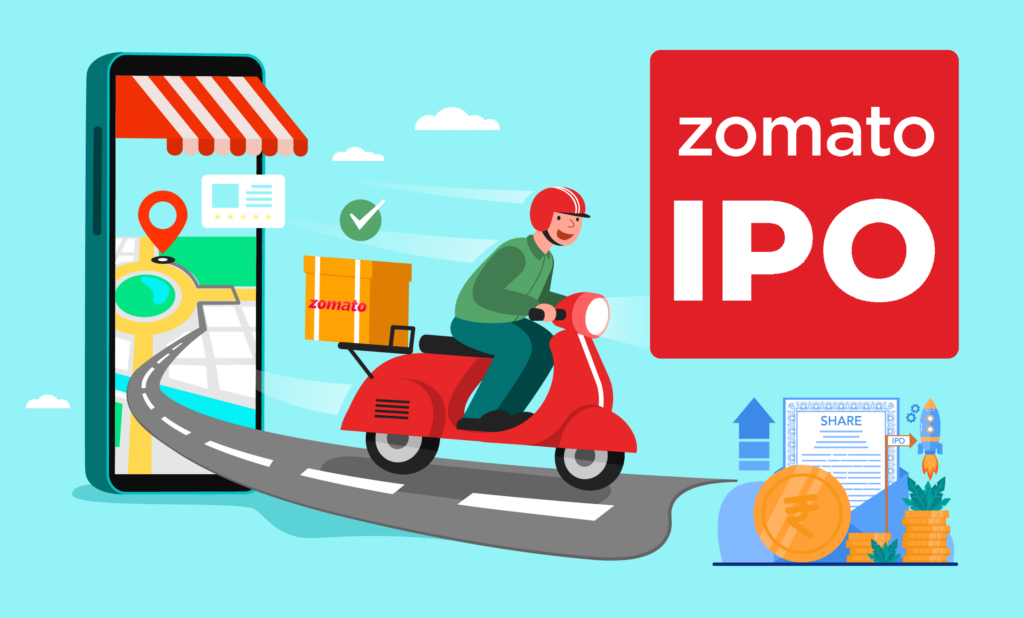Virendra Pandit
Mumbai: After a long time, Indian stock markets had reason to smile on Friday as food delivery firm Zomato saw its share price nearly double in an exceptional first listing of a local unicorn in India, although some careful experts warned that such listing day gains are not sustainable for long.
In any case, the Zomato success has set the pace for many such internet-based start-ups that thrived during the pandemic situation since March 2020 as markets remained closed in lockdown and many had to depend on digital services for supplies.
Some other IPOs are also underway. They include the Berkshire Hathaway Inc-backed Paytm, hospitality aggregator major Oyo Hotels, and ride-hailing firm Ola, both backed by SoftBank. They are among the Indian start-ups set to enter markets, riding on support from foreign funds and local investors.
Zomato’s shares soared 82.8 percent after opening at Rs. 116 in pre-open trade, a 53 percent premium to the offer price of Rs. 76 for the Rs. 9,375 crore IPO, valuing the company at about USD 12 billion.
China’s Ant Group holds a 16.53 percent stake in Zomato, while its top shareholder is online technology company Info Edge (India), with an 18.55 percent stake.
Zomato’s founder and Chief Executive Deepinder Goyal gave credit for this success to India’s fast-growing internet ecosystem.
Goyal, 38, an alumnus of the Indian Institute of Technology- Delhi, and his fellow graduate Pankaj Chaddah, had launched Zomato in 2008. As of March 31, it operated in about 525 cities across India and partnered with nearly 390,000 restaurants.
It is the first start-up to go public in India’s food delivery market, estimated at worth USD 4.2 billion. It offers home delivery of food, allows customers to book tables for dining-in, and collates restaurant reviews, making it a competitor to SoftBank-backed Swiggy and Amazon.com’s food delivery service.
The company’s offering last week drew bids worth USD 46.3 billion, making it more than 38 times oversubscribed, with big institutional investors placing major bets.
This came after Zomato’s loss in FY21 narrowed to Rs. 813 crore, while revenue from operations fell to Rs. 1,994 crore.
“We are…not going to alter our course for short-term profits at the cost of long term success of the company,” Goyal was quoted as saying in a media report.

